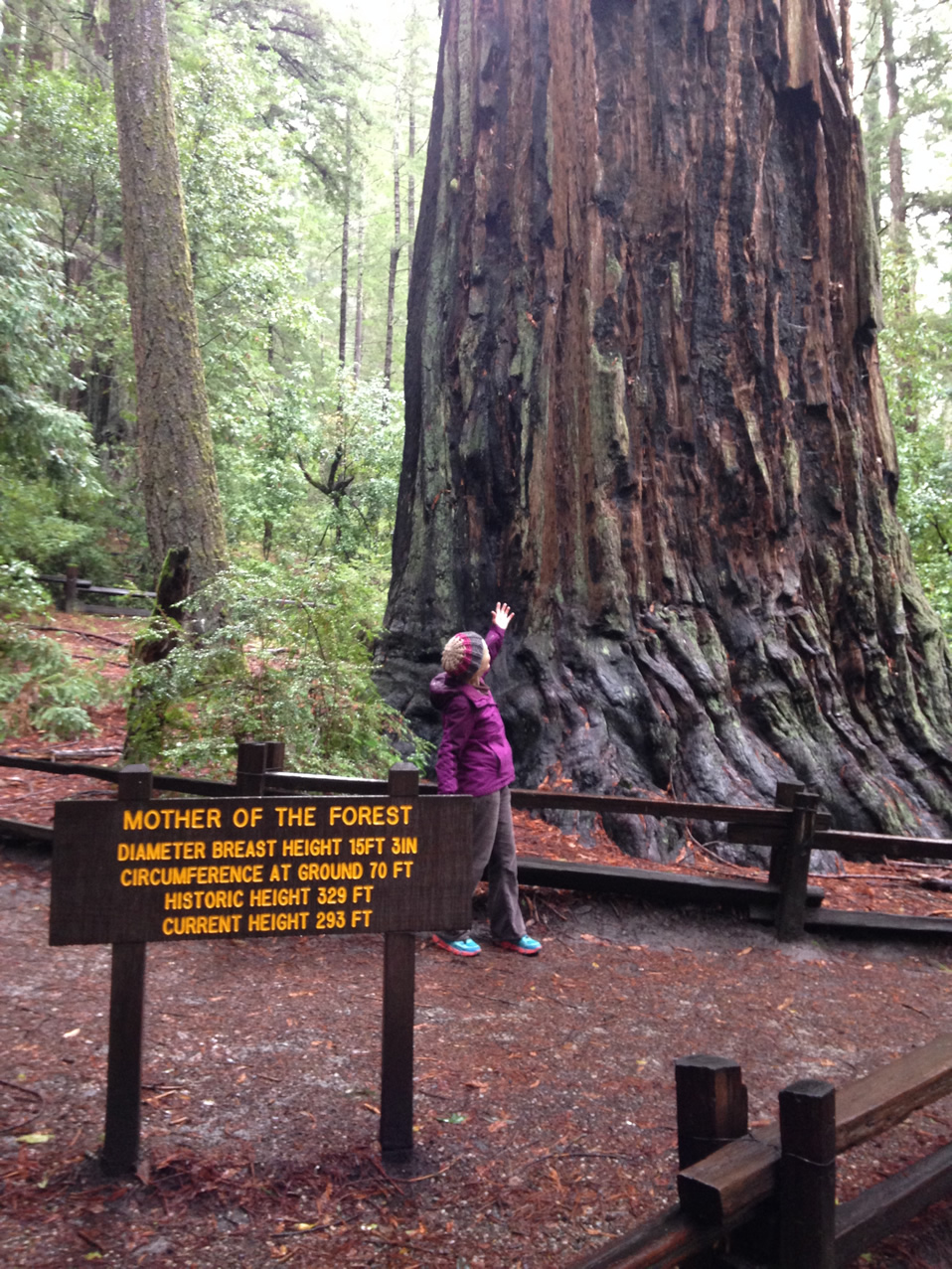Human interdependence with our environment is an integral part of Buddhist economics. All activities by companies, governments, and people can be undertaken in a way that protects rather than exploits nature and our natural capital.
Over Thanksgiving, my husband Richard and I, along with our greyhound Belvedere, traveled to Boulder Creek in the Santa Cruz mountains so we could commune with old growth redwood trees that are 1000 to 2000 years old. You can feel their energy as you ponder their ability to live through fires and drought along with massive clear cutting of forests. Yet some ancient redwoods remain for us to enjoy and to appreciate for their providing clean air, weather systems, and shelter for many species. As we walked through the redwood forests, the stark choice between destroying our planet with global warming or moving rapidly to a fossil free economy becomes clear. Buddhist economics shows us a path for transitioning to a low-carbon world, and we heal Mother Earth as we heal ourselves.
As Thich Nhat Hanh writes, “Caring about the environment is not an obligation, but a matter of personal and collective happiness and survival. We will survive and thrive together with our Mother Earth, or we will not survive at all.”
Love Letter to the Earth, p 82
“Ode to the Redwoods”
You care for each other and many creatures,
As humans gaze at your magnificent glory.
For centuries, you courageously stand tall through
storms, and fires, and drought.
You ask for nothing, until now.
You reach out to humans,
Beg them to stop their violence to Nature,
To go beyond the carbon economy, to stop war.
May we listen
And learn.
—Forest Nymph, August 2015
